
Exercise Isn’t Just for Your Muscles—It’s Great for Your Gut, Too
We’ve all heard the saying “you are what you eat”—especially when it comes to gut health. But what if your workout matters just as much as your diet?
Lydia Denworth is an award-winning science journalist and contributing editor for Scientific American. She is author of Friendship (W. W. Norton, 2020).

Exercise Isn’t Just for Your Muscles—It’s Great for Your Gut, Too
We’ve all heard the saying “you are what you eat”—especially when it comes to gut health. But what if your workout matters just as much as your diet?

Hotter Nights, Brought on by Climate Change, Pose More Health Threats
When nights stay hot, more people die, many from cardiovascular problems. But there are simple methods you can use to stay cooler and healthier
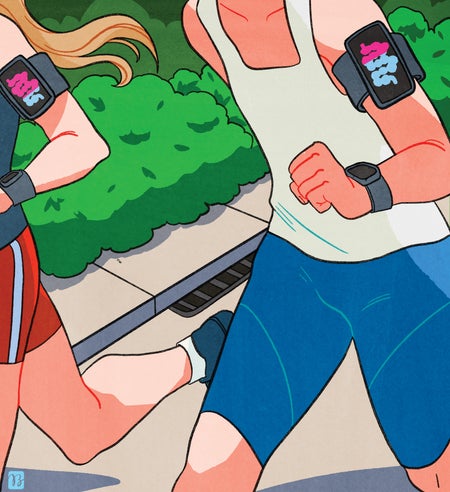
A Good Workout Gets Your Helpful Gut Microbes in Shape, Too
A workout boosts the fitness of your gut microbiome. This creates molecules that aid your immune system, metabolism, and more
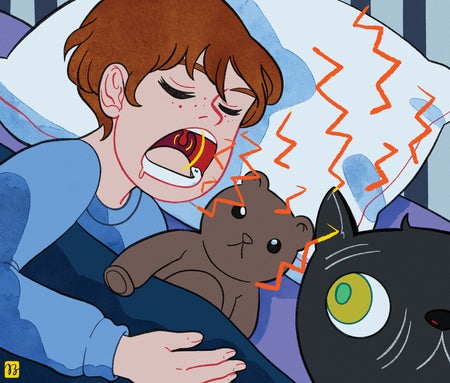
Why You Shouldn’t Ignore Loud Snoring in Kids
Snoring indicates oxygen reduction, but a variety of treatments can restore healthy airflow

New Drugs, and Diets, Soothe Inflammatory Bowel Disease
Several medications now calm painful inflammation in the intestines. Diets free of ultraprocessed foods also help
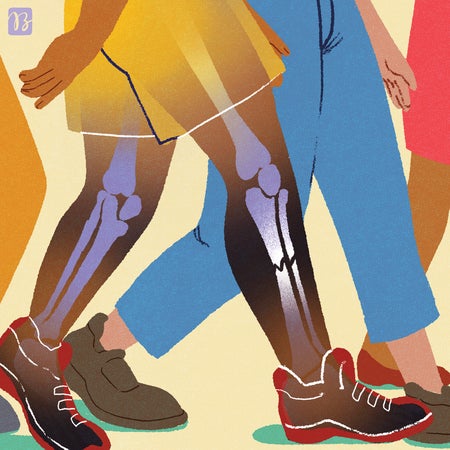
Broken Legs and Ankles Heal Better If You Walk on Them within Weeks
Using crutches for months is largely a thing of the past. Early weight-bearing has real benefits
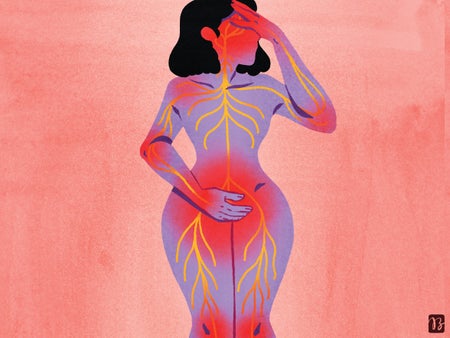
Painful Endometriosis Can Affect the Whole Body, Not Only the Pelvis
This disease is now genetically linked to widespread inflammation, asthma, migraines, and more
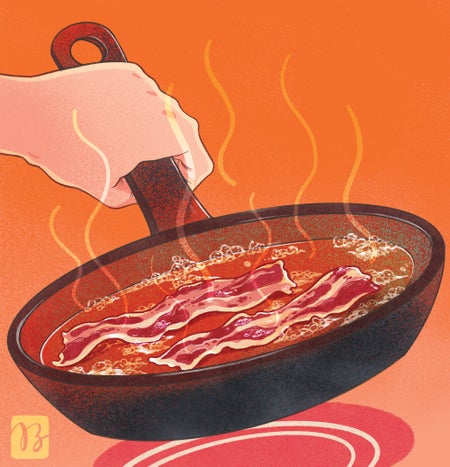
Delicious Bacon Highlights Food That Enraptures Our Senses but Endangers Our Health
Some foods, no matter how simply prepared, contain many substances linked to disease
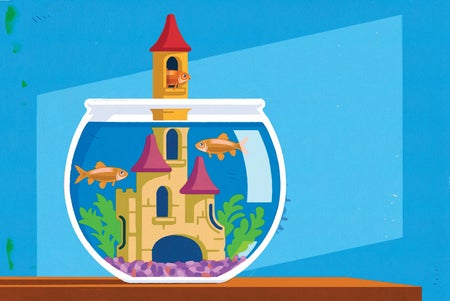
Hitting the Curiosity Sweet Spot Speeds Up Learning
Understanding curiosity can help people—and robots—learn faster
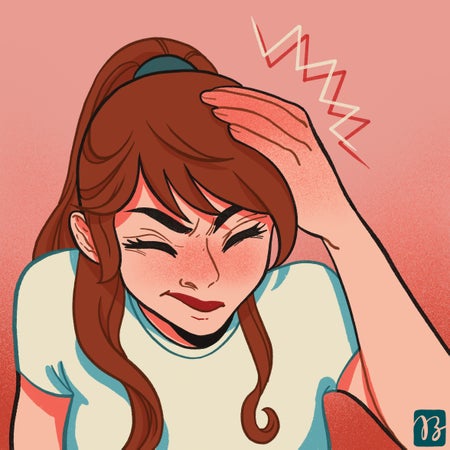
Concussions Are Remarkably Common and Can Cause Long-Term Problems
New diagnostic techniques can pick up these brain injuries and ensure people get help

Kids with ADHD May Still Have Symptoms as Adults
Fortunately, recognition and treatment of attention deficit hyperactivity disorder in grown-ups are getting better

Sitting in a Chair All Day Can Lead to Disease. Standing Up and Moving Around Every Hour Can Help
Days spent in a desk chair can lead to heart disease or cancer. Getting up often and exercising more vigorously can stave off the ill effects
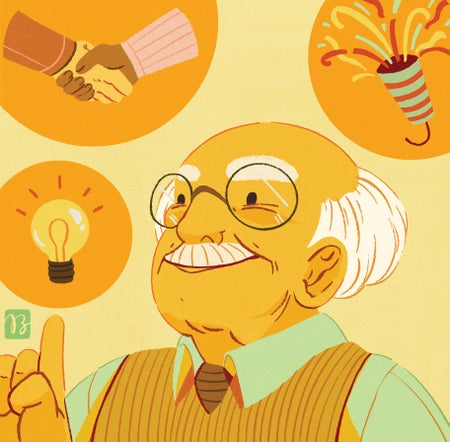
Many Older People Maintain and Even Gain Cognitive Skills
Contrary to stereotypes of the doddering elderly, research shows that half of people older than age 70 stay mentally sharp

Teens’ Mental Health May Improve When They Help Others
Volunteering in community programs can reduce youth depression and anxiety, researchers are beginning to learn

Patients Fare Better When They Get Palliative Care Sooner, Not Later
Supportive care is often started late in an illness, but that may not be the best way

Walks in Green Parks Mean Stronger Immune Systems and Better Mental Health
Contact with nature improves physical and mental health, but greenery is not easily reached by all

Why Short Naps Are Good for You
A quick nap can boost your memory, your mood and even your creativity
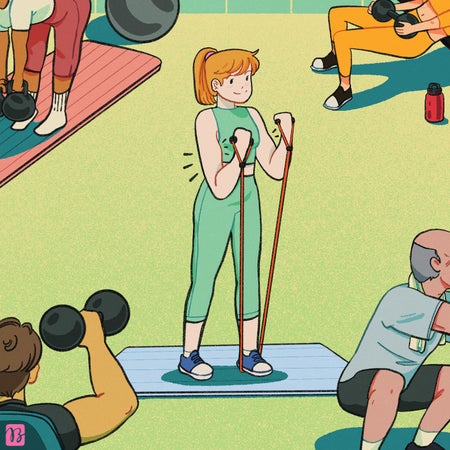
Simple Resistance Exercises Improve Overall Health and Reduce Death Risks
Weight training turns out to be as important as aerobic activity for warding off disease

A Study in Primates Reveals How the Brain Encodes Complex Social Interactions
The research tracks, at the level of individual neurons, what happens when a monkey hangs out with other monkeys. It even found a possible neural code for empathy
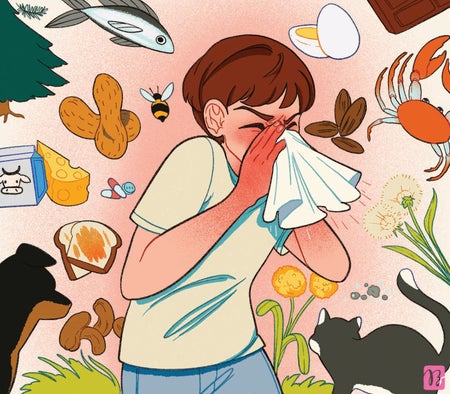
Helpful Gut Bacteria Seem to Reduce Allergic Disease in Kids
In babies, the right combo of gut bacteria might stave off later allergies, so scientists are testing “cocktails” of helpful microbes as therapy
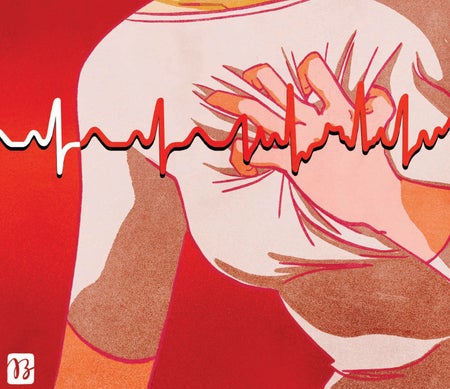
A-fib—a Rapid, Irregular Heartbeat—Can Kill You, but New Tech Can Spot It
A fluttering heartbeat called A-fib can lead to stroke, but smartwatches can detect it, and there are good treatments
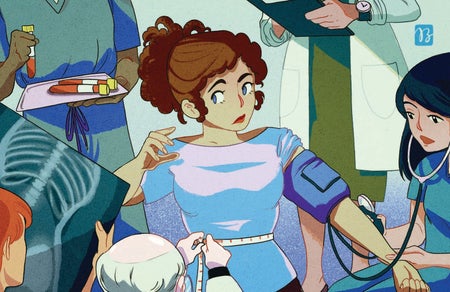
Now There Are Better Ways Than BMI Charts to Assess Health Risks
The body mass index is flawed, and medicine now has better options to measure obesity
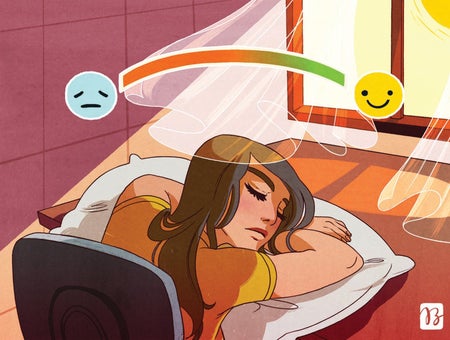
Short Naps Have Major Benefits for Your Mind
A light midday snooze boosts memory and other types of cognition—and your mood
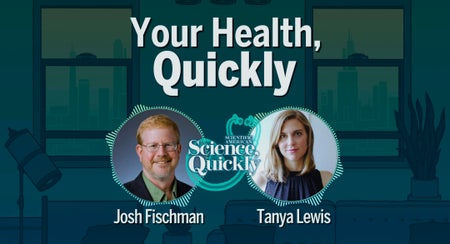
Quick Naps Are Good for Your Brain
Daytime naps of about 30 minutes really improve your thinking and may spark creativity.